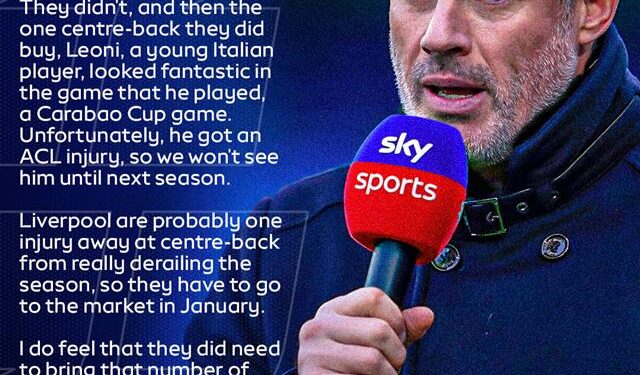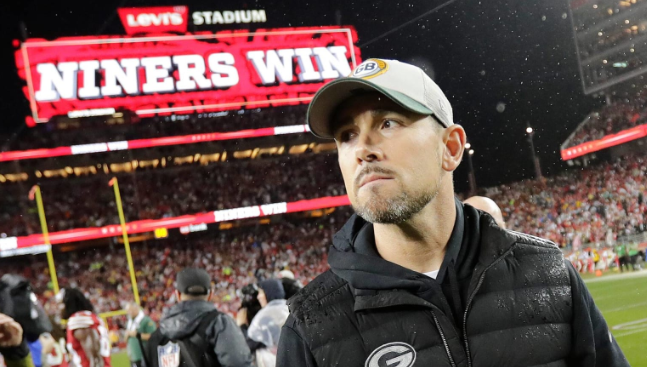Liverpool legend Jamie Carragher has voiced a series of pointed concerns over the club’s current trajectory, questioning both their tactical setup and their overall progress under Arne Slot. The former defender, now a prominent pundit, has warned that Liverpool risk slipping further behind if key issues aren’t addressed quickly.
Carragher has been particularly vocal about the team’s defensive vulnerability. He believes Liverpool have become far too open on the pitch, describing their style as “end-to-end” and lacking the organisation required to compete at the highest level. According to him, opponents find it far too easy to play through the Reds, with defensive gaps appearing frequently—especially when the ball is switched.
Beyond individual matches, Carragher has accused Liverpool of entering a “crisis” period following a series of disappointing results despite heavy investment in the squad. He argues that the performances simply haven’t lived up to the financial outlay made in recent windows.
The former centre-back also feels the club has not evolved tactically with the rest of the Premier League. While other teams have adapted to modern physical and tactical trends, Carragher believes Liverpool have struggled to keep pace. He suggests Slot’s attempt to introduce a more entertaining brand of football may have unintentionally disrupted the balance and stability that once defined the team.
Carragher has also questioned aspects of the club’s recruitment, calling for a natural centre-forward and a reliable left-sided defender. He has highlighted big-money signing Florian Wirtz as one player who has yet to show the expected level of impact in the squad.
Another major point raised by Carragher is player commitment. He has said that Trent Alexander-Arnold shouldn’t be guaranteed a starting spot if his long-term future remains uncertain, insisting the club must prioritise players who are fully committed to Liverpool’s project.
Amid debates about whether he is biased for or against Liverpool, Carragher maintains that his analysis is honest and straightforward. His goal, he says, is to highlight real issues rather than protect feelings.
Overall, his commentary points to a broader warning: Liverpool must tighten their structure, make smarter recruitment decisions, and adapt more quickly if they hope to remain competitive in the changing landscape of elite football.










